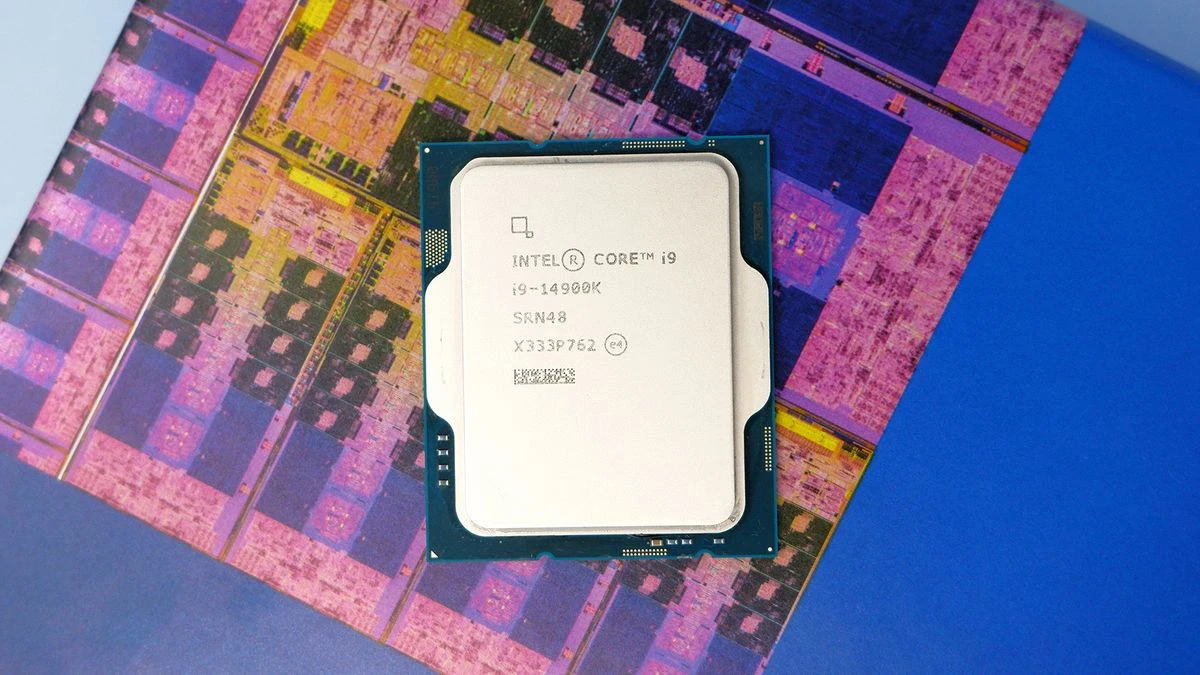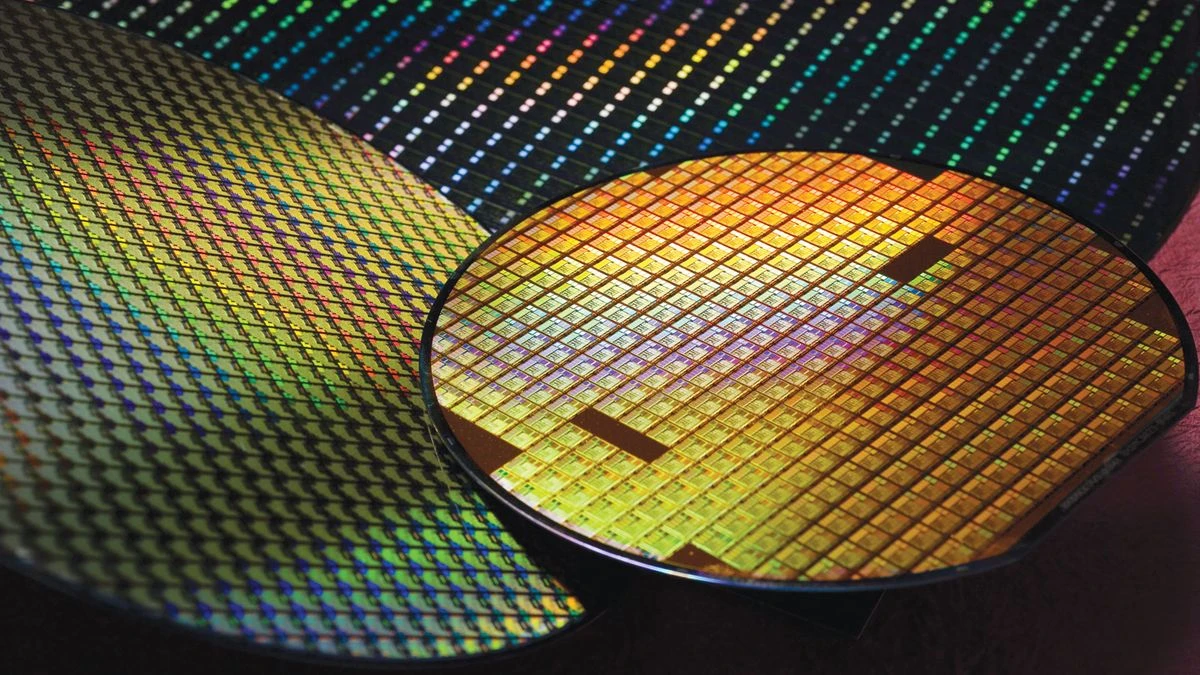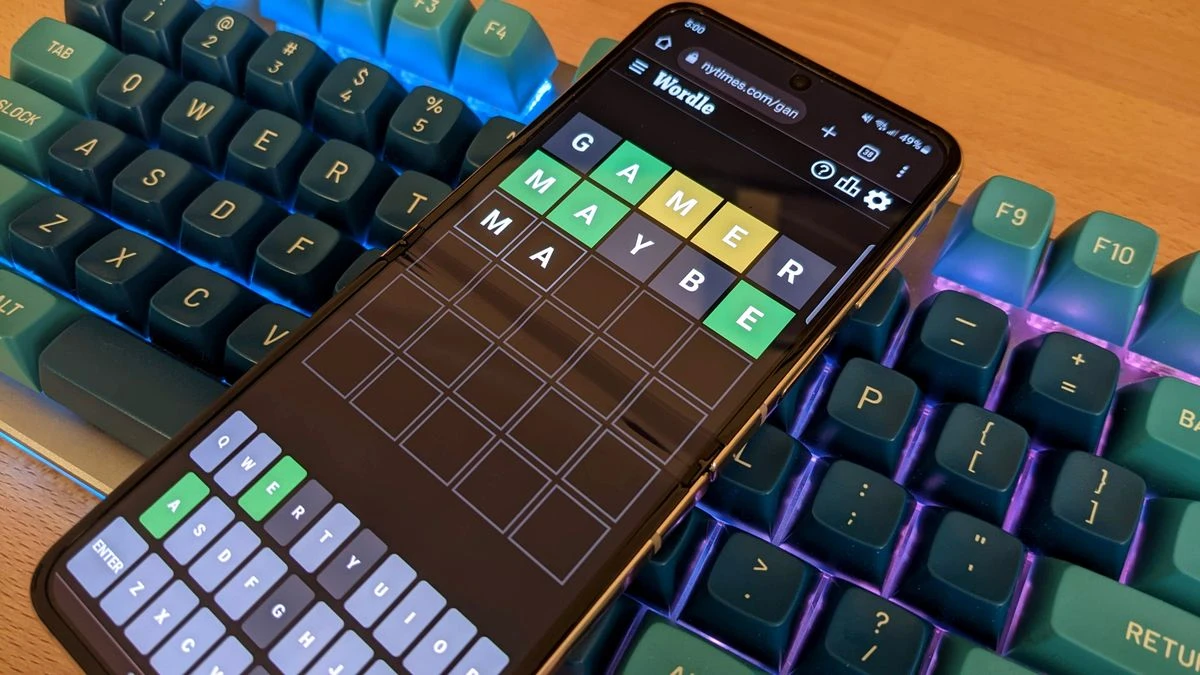A new class action lawsuit claims that Intel knew about the CPU crashes even before they were sold.
It feels inevitable, but it's happening. A class action lawsuit accusing Intel that it sold CPUs that were prone to crash has been filed at a federal court in California. (via Techspot).
Mark Vanvalkenburgh, a resident of Orchard Park in New York, is the plaintiff. He is upset about an Intel Core i7-13700K he purchased from Best Buy back in January 2023.
The lawsuit states that "after purchasing the product, Plaintiff discovered that the processor was defective and unstable, and crashed at a high rate." Vanvalkenburgh tried to fix the problem by applying the Intel microcode patch, but it did not work. Vanvalkenburgh’s lawyers expect other Intel customers will join the lawsuit.
All this is to clarify that all of this is about the well-documented problems with Intel's Raptor Lake 13th and 14th Generation CPUs. Intel claims that the problem is resolved with the patch mentioned above, even though it took Intel three attempts to release a patch before it settled upon what it now claims to be the solution. Even if this is true, it would be problematic if it was proven that Intel knew that the chips were defective but sold them anyway.
The following claims could be the most important part of the lawsuit:
Intel was aware of the defect by late 2022 or 2023. Intel's Products are subjected to pre-release and post release testing. Intel discovered the defect in the processors through these tests. Intel also monitors the return rates, press reports and user reports. There were many reports of Intel chips failing at a high rate by late 2022 or early 2023. Intel knew its products were defective by 2022 or 2023.
Intel will be in a bad situation if this is proven. It is not surprising that the microcode patches provided by Intel did not resolve this customer's problem.
Intel has admitted that patches will not fix the clock tree circuit of a CPU once it is damaged by voltage spikes. The chip must be replaced. Intel has extended the warranty on Raptor Lake processors by two years, and implemented a more robust RMA process.
The suit is seeking damages including punitive damage, restitution, and disgorgement. It also seeks an order that will award compensation to the plaintiff as well as all other members of the class.
Intel's recent struggles, which saw it fall out of the Dow Jones index, are not good news. It was almost inevitable. It will be interesting if Intel fights to the death this case or offers a quick settlement. Watch this space.




Comments